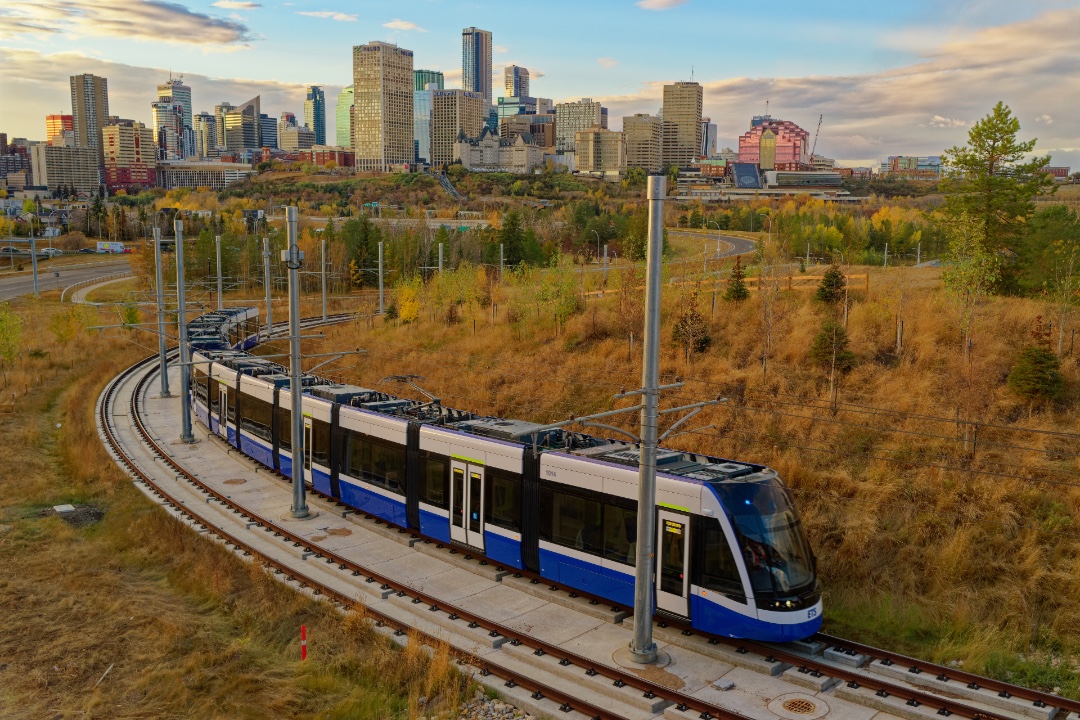
Influencers can boost restaurant traffic, but only to a point
By
Sharon Yeo
To open a second location of Baekjeong in Edmonton, James Kook's go-to marketing move was to invite five influencers to help spread the word. But he doesn't know if it worked.
"Since opening, it's been pretty busy, but we have no idea if it's related to the influencers," said Kook, senior food and beverage manager for Mirae Investment Inc., which owns and operates the Korean barbecue restaurant and several other restaurants in Alberta and B.C. "Word spreads before the opening and some people already knew about it."
On the other hand, Café Bel-Air co-owner Avinash Soochit knows exactly why reservations went through the roof for high tea at his Mauritian restaurant: a post by Stephanie Truong, aka Ms. Hangry Foodie.
"If I could have a statue of her, I would," laughed Soochit, who explicitly thanks Truong on the restaurant's website.
While some restaurants can draw a straight line from an influencer's post to increased business, the connection is a lot harder to determine for others. But an intentional strategy increases the chances of success, said social media strategist Linda Hoang.
"I think influencers can be super-effective and useful for businesses if done right," said Hoang, an influencer in her own right. "But if they go into it without a plan, they don't know what they're looking for, and it can lead to a bad experience."
Kook estimated that Mirae spent around $1,000 in food costs to host the influencers at Baekjeong's opening in Mayfield Common. He indicated that Mirae chose the influencers based on their follower count, and focused on those who post more frequently about Asian cuisine. He also noted that the influencers were not given any direction or timelines for the content.
"I don't want to get a bad reputation," said Kook. "We are not hiring them. We are just asking them to do us a favour."
Hoang recommends being more strategic. Businesses should be clear about their goals and their content parameters (e.g., an Instagram post as opposed to an Instagram story), and they should ask for analytics, she said.
"Who is the person's audience?" Hoang recommends asking. "Are their followers in Edmonton? Would they be my customers?"

